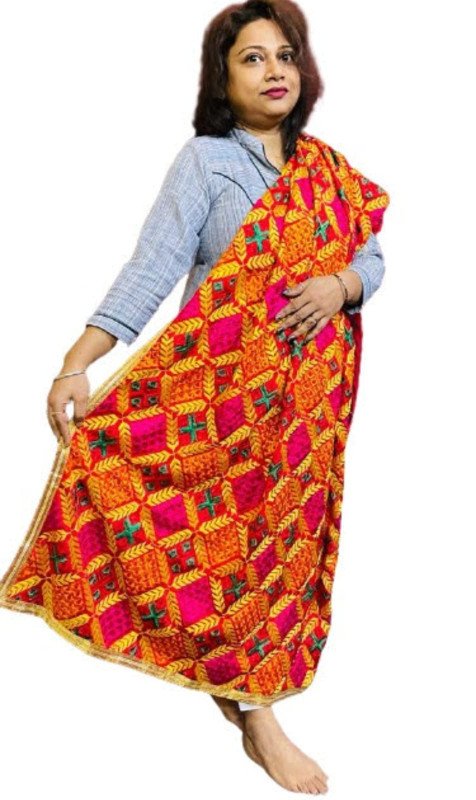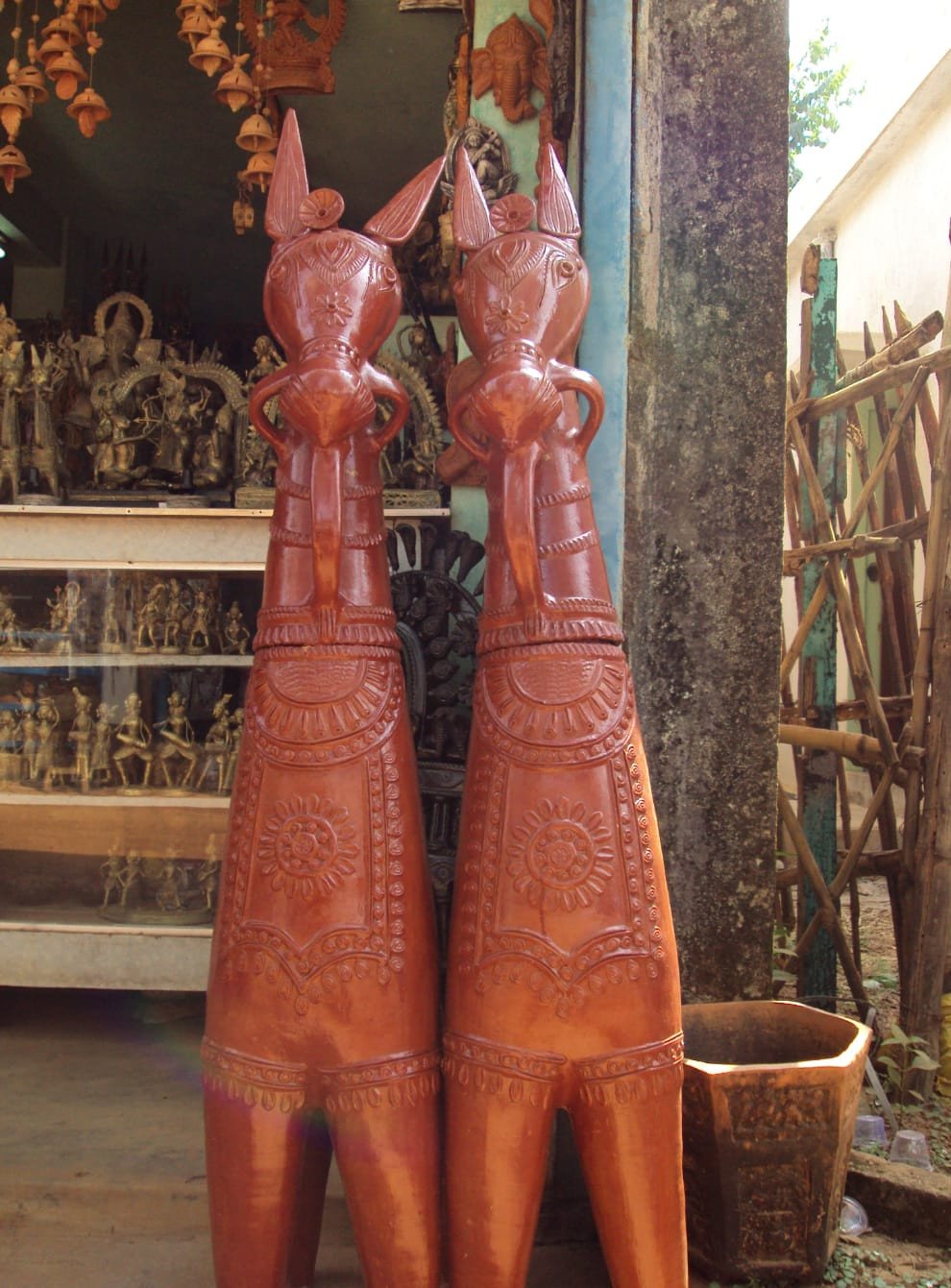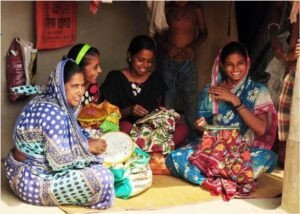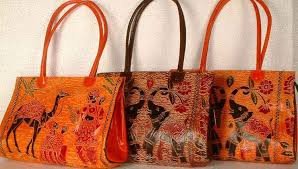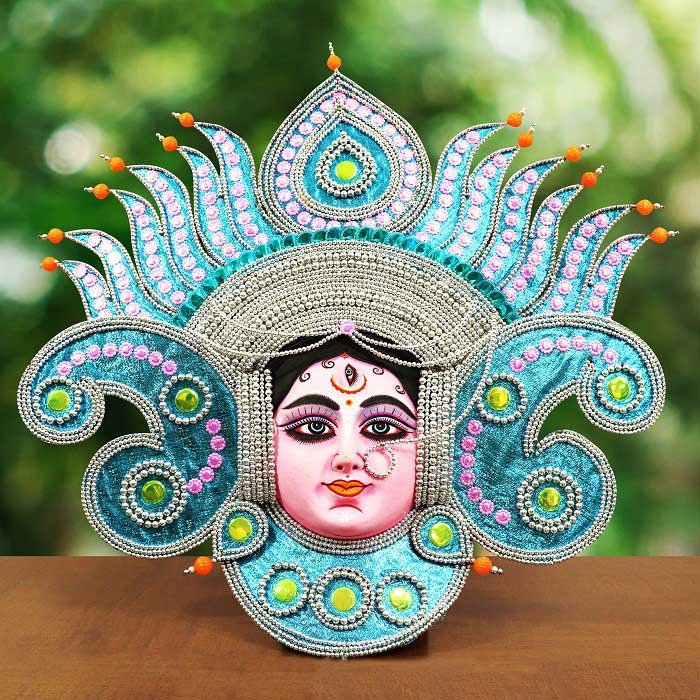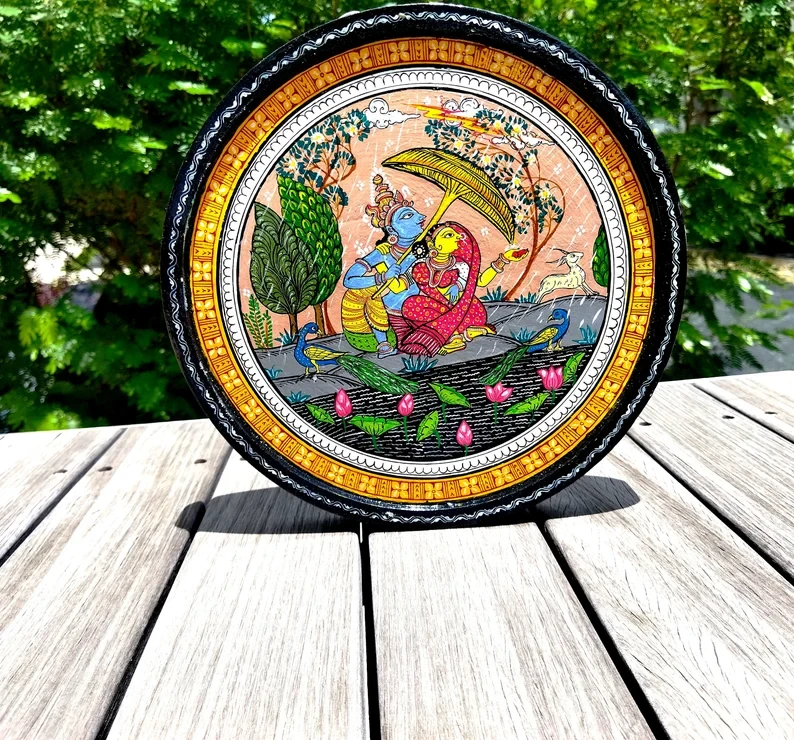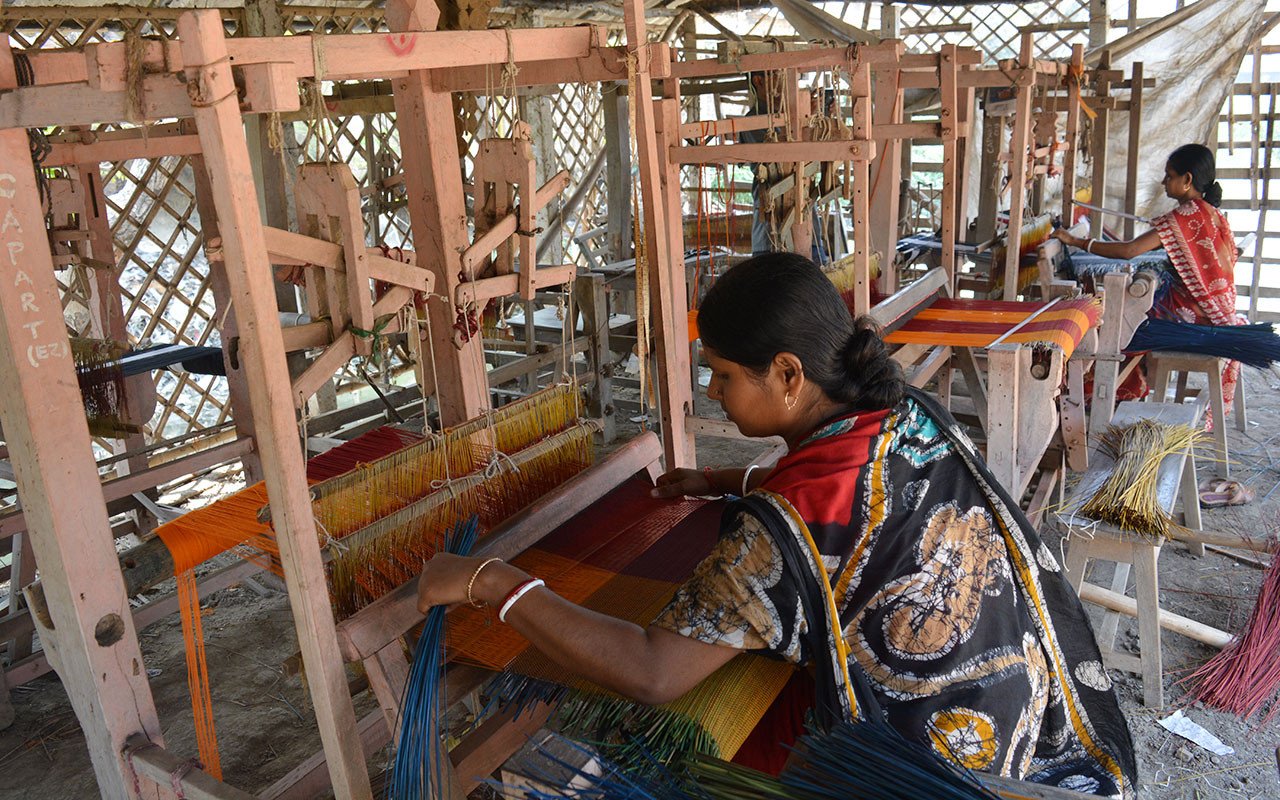
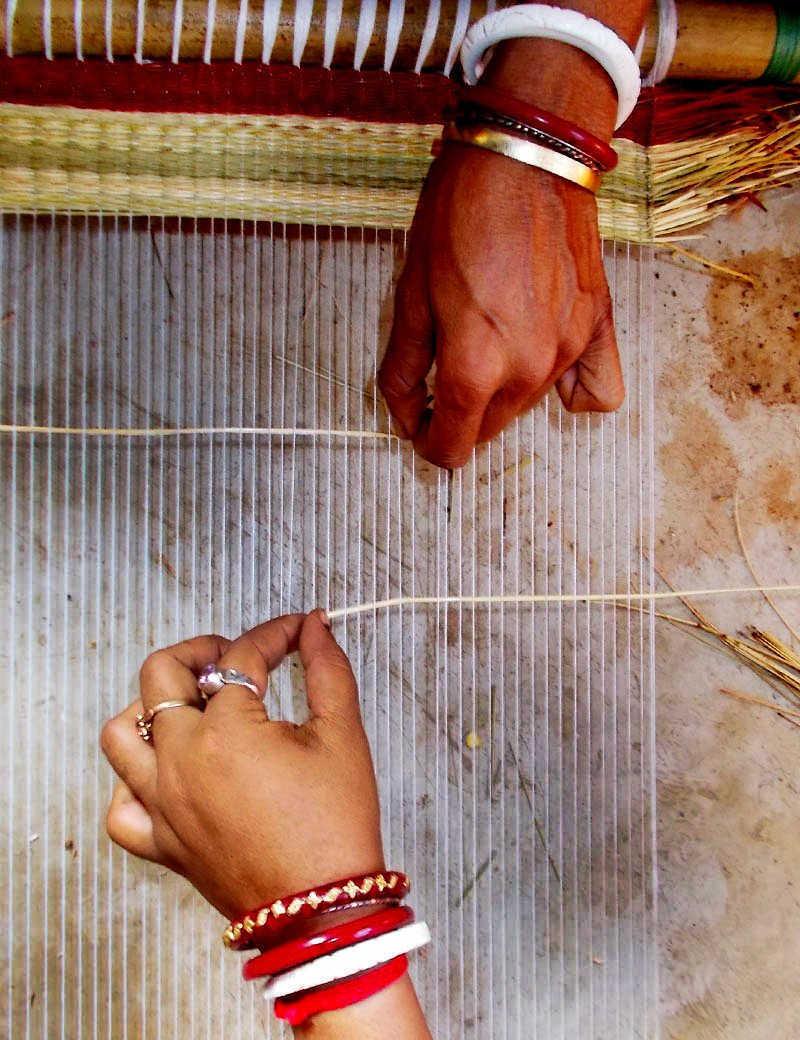
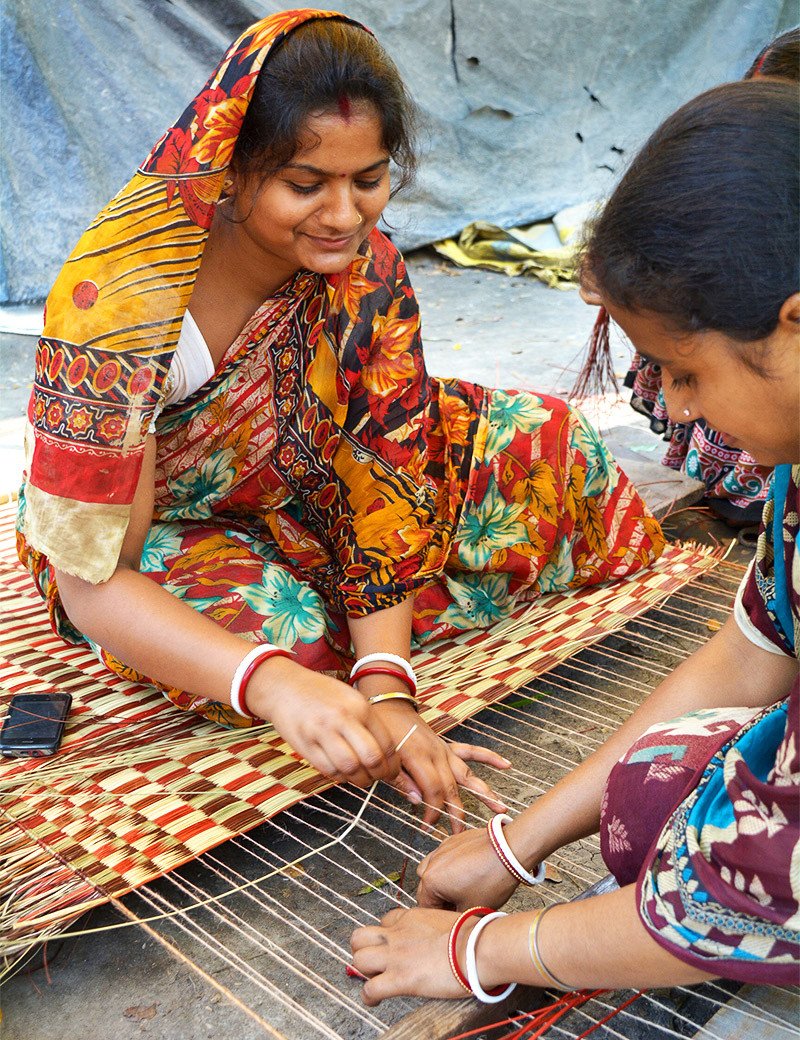
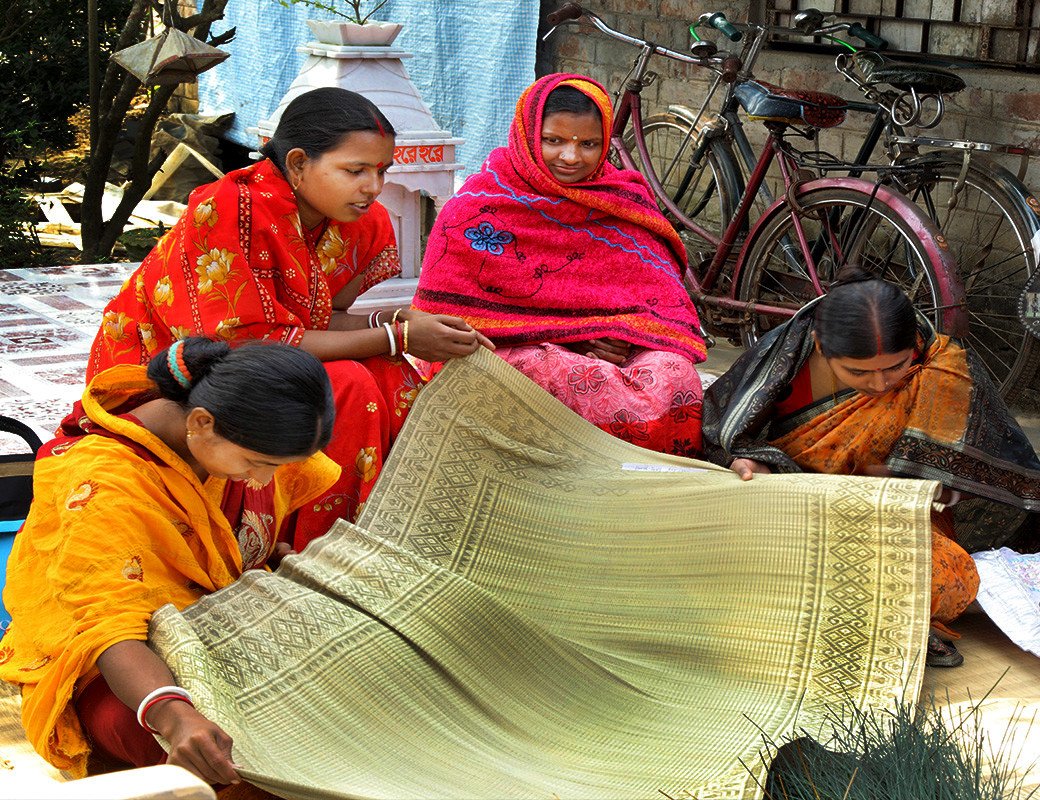
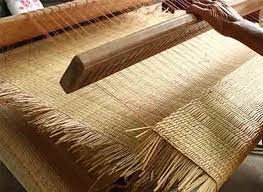





-
$1,500.00
-
$1,000.00
-
$150.00
-
$100.00
-
$100.00
-
$250.00
Reviews & Ratings
Madurkathi Mats Description
Madurkathi mats, also known as "Madur" mats, are traditional handwoven floor mats from West Bengal, India, specifically from the Purba and Paschim Medinipur districts. Awarded the Geographical Indication (GI) tag in April 2018, these mats are an integral part of Bengal’s cultural and rural lifestyle, crafted from the natural fiber of the madurkathi reed (Cyperus tegetum or Cyperus pangorei), a rhizome-based plant abundant in the region’s alluvial tracts.
Key Features:
- Material: Made from madurkathi reeds, which are soft, durable, and eco-friendly. The reeds are often dyed with natural or vegetable-based dyes, and cotton or jute threads are used as warp to create intricate patterns.
- Weaving Process: The reeds are harvested, split, and woven on simple bamboo frame looms by skilled artisans, predominantly women from the Mahishya caste. The weaving involves a wrap of cotton threads and a weft of thin madurkathi grass, creating a lightweight, smooth, and durable mat.
Frequently Bought Products
-
$1,500.00
-
$1,000.00
-
$150.00
-
$100.00
-
$100.00
-
$250.00

